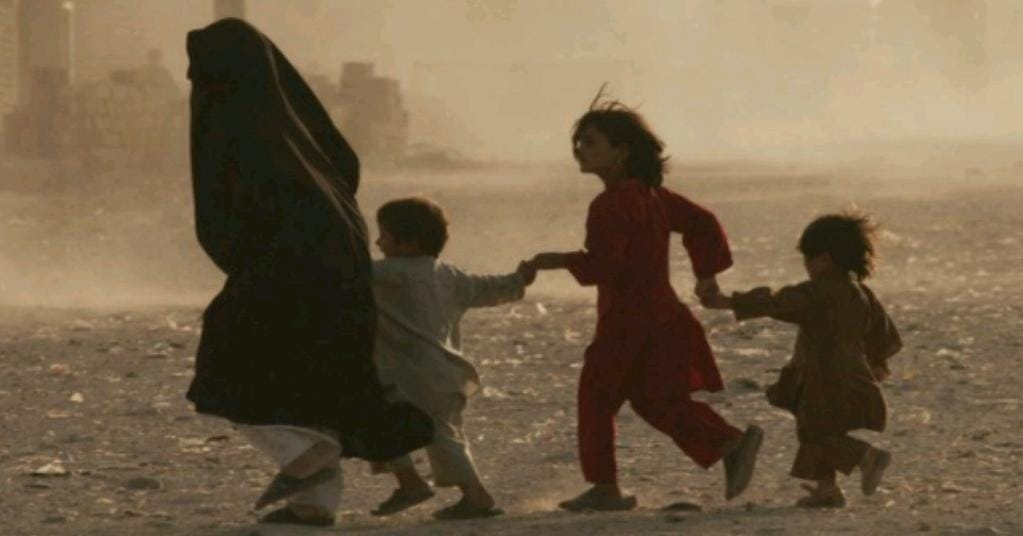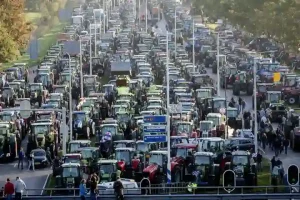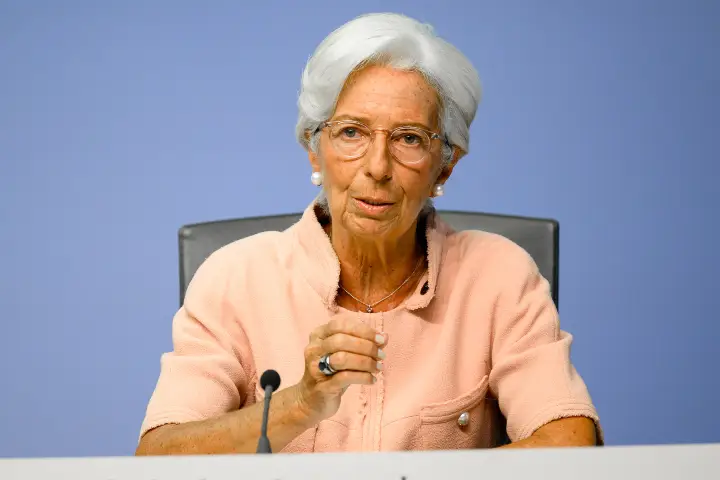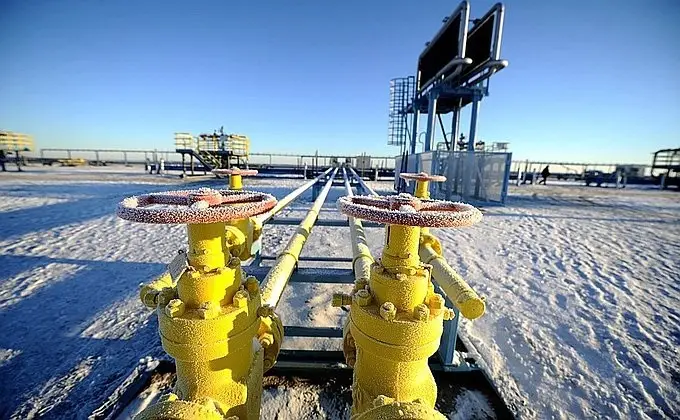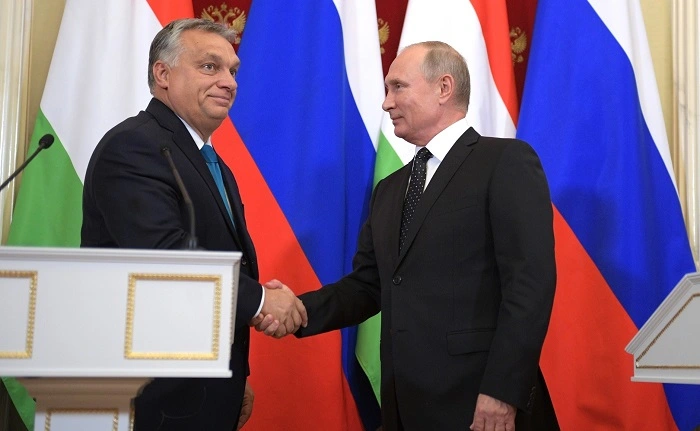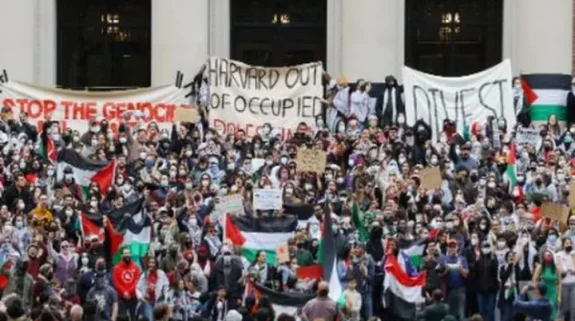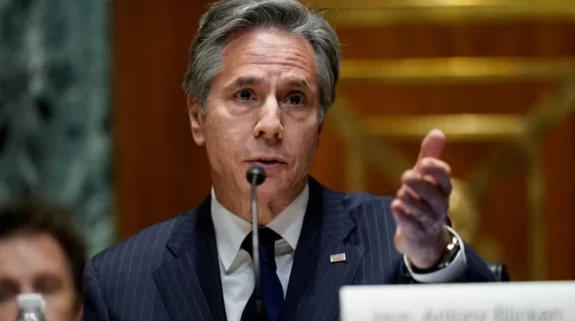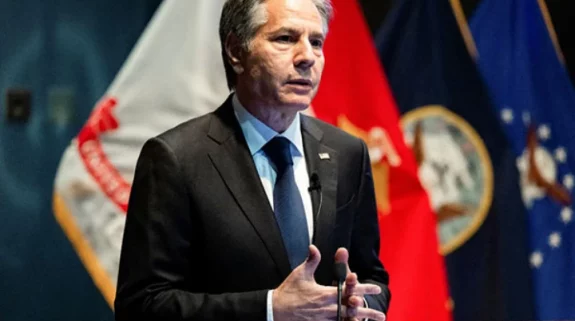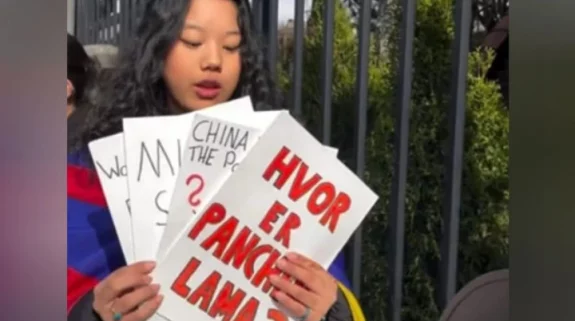Aided by traffickers, Afghan youth are already beginning to trickle into eastern Turkey. Rescued by NATO countries, other Afghans have begun landing on European soil following the Taliban takeover of Kabul this Sunday.
With a huge Afghan migration issue staring at Europe in the face, the countries are tightening their belts. Austria has already said that it would prefer to have deportation centres in Afghanistan's neighbourhood. It has also suggested providing aid close to Afghanistan to stem a possible flood of refugees.
The country's Interior Minister Karl Nehammer told journalists earlier this week that the country would aim at keeping a majority of the Afghan people close to their region.
Austria is home to around 44,000 Afghans and is not ready to accept more migrants.
It is not alone in hardening its position over absorbing more refugees from strife-torn Muslim countries. Most European countries, and that includes Turkey, are taking a stand over not accepting more refugees after the deluge of 2015 in the aftermath of the Syrian and Iraqi crisis.
In fact, even in benign countries that had advocated an open-door policy towards migrants and were lenient in providing asylum, the thought process is revolving towards supporting the migrants in Afghanistan's neighbourhood.
Greece, which also harbours 40,000 Afghans does not want to accommodate more likely migrants from the landlocked country. Athens, which shares a boundary with Turkey–a stepping stone for migrants who seek Europe as the final destination–has said that Turkey is a safe place for Afghan refugees to stay.
Athens, in fact, wants to deport some of the Afghans to Turkey.
The south-eastern country has seen violence on its borders last year when migrants attempted to cross over from Turkey. On the other hand, Greece has also seen rioting after right wing people protested against increased migration.
With the Afghan conflict taking a turn for the worse earlier this week, the European Union held an emergency meeting to discuss the possible flow of land migration of Afghan people. Many European countries made it clear that they are not in a mood to accept more refugees other than the ones they were working with in Afghanistan.
Josep Borrell Fontelles, High Representative of the Union for Foreign Affairs and Security Policy and Vice-President for a Stronger Europe in the World, summed up European fears when he said that the member states do not want a "wide-scale migratory move towards Europe".






